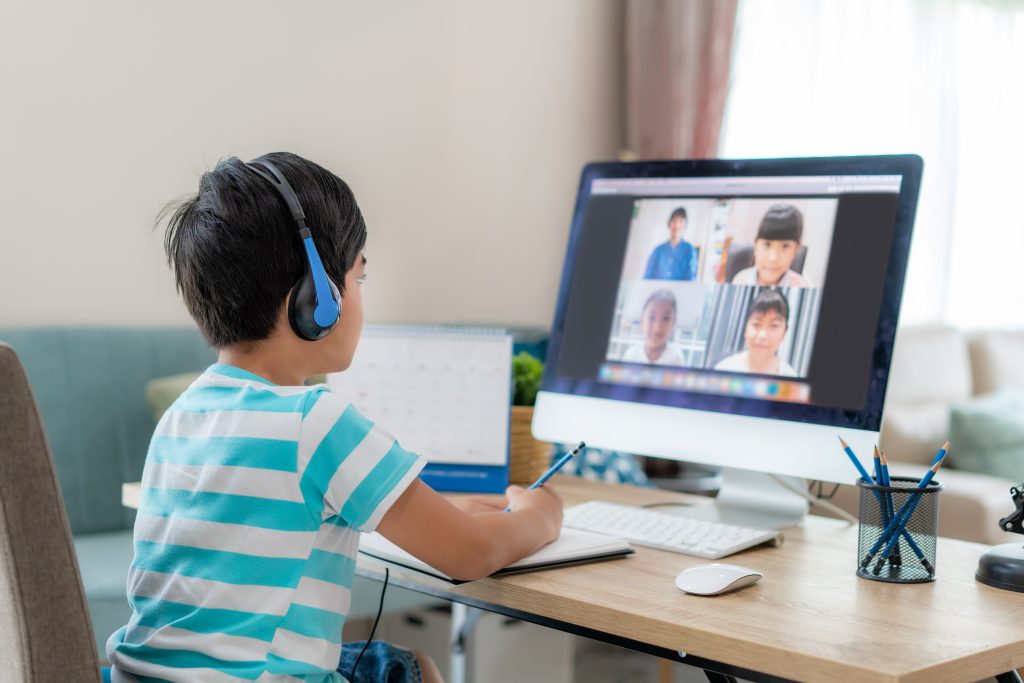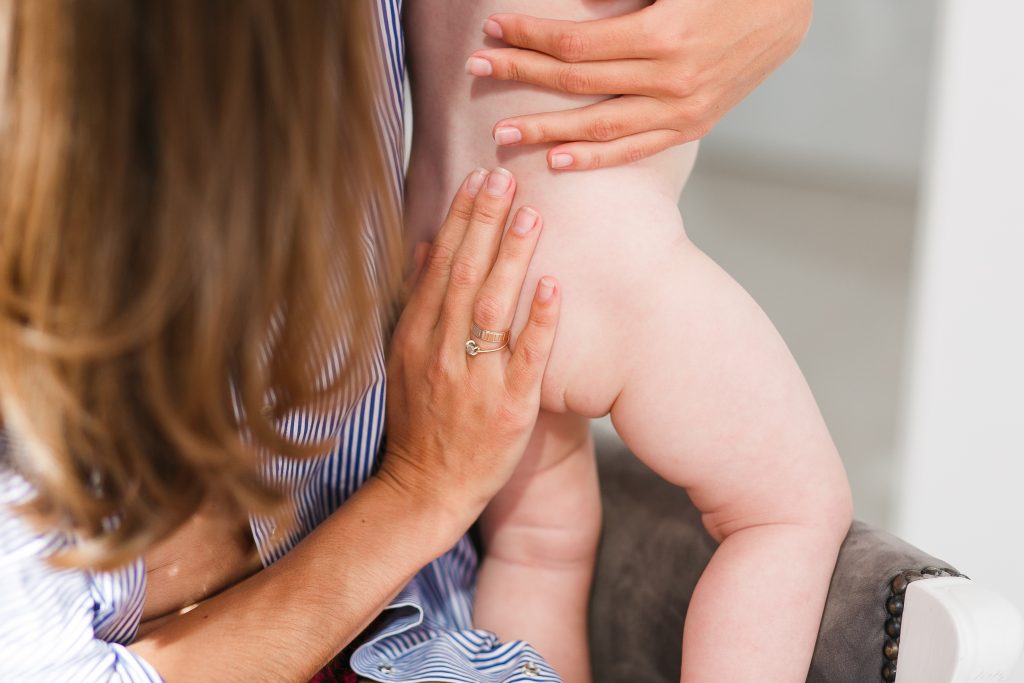Even as your little one is developing at a rapid pace and seems to be gaining more independence, goodbyes can still be challenging when there are sudden meltdowns and tears. The most likely cause for this is separation anxiety because even though your child is given more freedom to explore, this doesn’t mean they are quite ready to be apart from you.
Suddenly, whenever you leave the room or disappear from your child’s line of sight, they would burst out crying because they do not want to be apart from you. They would scream and cling on to you, driven by the strong need to be back by your side and back to the familiarity and security you provide.
Why is my child experiencing separation anxiety?
As frustrating as it feels, this is all normal and part of your child’s development. If they have already met their developmental milestones, they would now understand the meaning of object permanence. This simply means that your child has the cognitive development to know that objects continue to exist even though they can no longer be seen or heard—and in this sense, it is mum and dad!
But it would be a while’s yet before they can understand the concept of time, so even if you leave the room for a couple of minutes or leave them with a babysitter for a few hours, it will all feel the same to them. And for someone as young and helpless as them, it may feel pretty scary to suddenly not have their primary caregiver closeby.
What are the usual triggers?
Remember the time you dropped your child off with grandma for the day? Or that time your little one had a meltdown when you had quite a number of unfamiliar guests over at the house? Or the many failed attempts to get them to settle at night in their rooms? These are all examples that could trigger separation anxiety in children.
Even without all these added triggers, it is already difficult and stressful for them because they learn and face new challenges daily. Imagine their anxiety levels when faced with large crowds since they will constantly be worried about losing you in the crowd. It doesn’t matter if you’re sleeping in the other room; they will still be worried because they need reassurance that when you leave, you’ll always come back.
Your child may start showing signs of separation anxiety anywhere between 8 and 18 months. Once the primary caregiver or parent leaves, children may cry and cling; some go as far as throwing tantrums or resisting other caregivers, hoping that their parent would not leave.
When will my toddler outgrow this?
The first couple of times that you leave your child in the care of others might be the hardest. But take heart because even it is difficult for both of you right now, things will get better, and the separation anxiety that your child feels will decrease as he or she ages.
There may be instances where separation anxiety can be triggered again, for example, when they are ill, uncomfortable, tired or stressed over something. Again there is no set time when separation anxiety will end permanently since every child progresses at a different rate. Still, there is no cause for worry since all this is a normal part of their development. Parents only need to worry if their child shows extreme separation anxiety to the point they are crying excessively and vomiting.
What can parents do to make this transition easier?
First of all, keep your goodbyes brief, and it is okay to preempt them that you’ll be dropping them off. Instead of acting anxious and leaning back down for another hug, keep it short and simple. Don’t make them think that there is something to worry about, and sneaking out might just result in more clinginess. Instead, assure them that you being away is only temporary and you will be back.
Use distraction! Make sure the other caretaker has a distraction ready as soon as you hand your child over. Getting your child to focus on something else will help take his or her mind off the fact that you’re leaving.
Try to acknowledge your toddler’s separation anxiety instead of brushing it off their anxiety. Tell them that it is okay if they will miss you when you’re gone. Point out that they will also have a great time with the other caretaker/teacher and that you would be back before they know it.
Pay extra attention to your child at large gatherings, don’t wander off and disappear or let someone else entertain him. It might be okay to let others carry him for a short time, but always be ready to come to the rescue if he or she gets too upset. If your child is upset, take them to a quiet corner until they have calmed down. Remember you’re there to offer your support and assurance. Pushing them when they are obviously upset will only make things worse.
Having a set routine helps. Wind down with a bath followed by a story or two. Knowing what comes next will significantly reduce your child’s anxiety levels. Soothing music and comfort toys would also help your child feel less alone when you leave their rooms.
Most important of all is to allow independence. If your child is awake and is happily playing independently in the crib, don’t rush in to get him or her. Allow your child to experience what it feels like to enjoy being on her own. Once they realise that being alone isn’t too bad after all, this will boost their confidence level and feel more secure to be on their own in the long run.

